Have you heard the news? The solar rebate is ending! It’s all over the internet. Or at least all over the parts of the internet that run ads from shonky solar companies. According to them, if you don’t rush out right now to get rooftop solar installed before the first of January you’ll end up paying a fortune for it! If you don’t buy now, the price of a typical 5 kilowatt rooftop solar system will rise by…
…just a second… let me work it out…
Around $263 which is about a 4% increase. [Read more…]

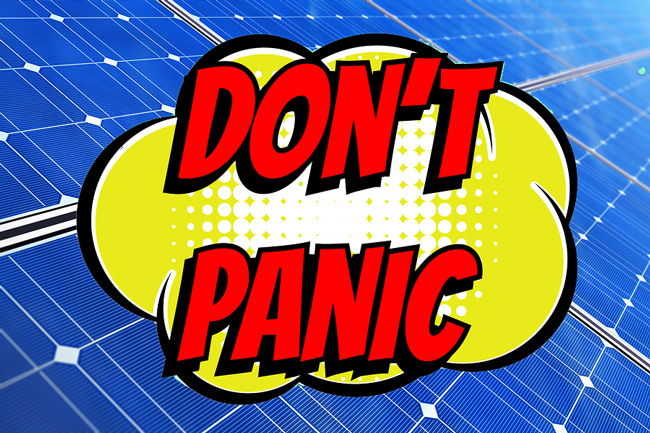
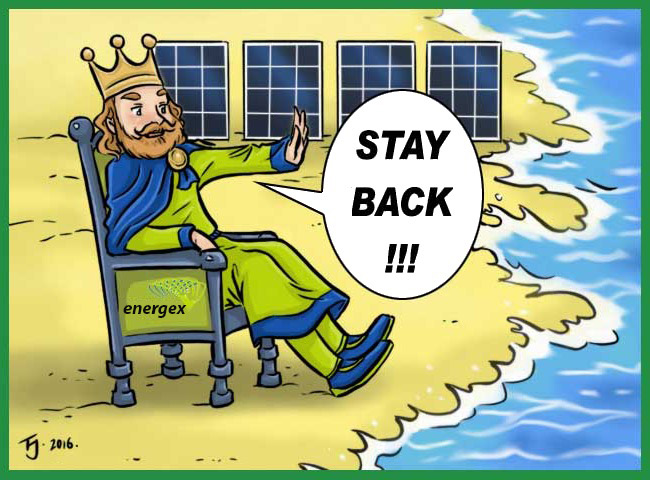
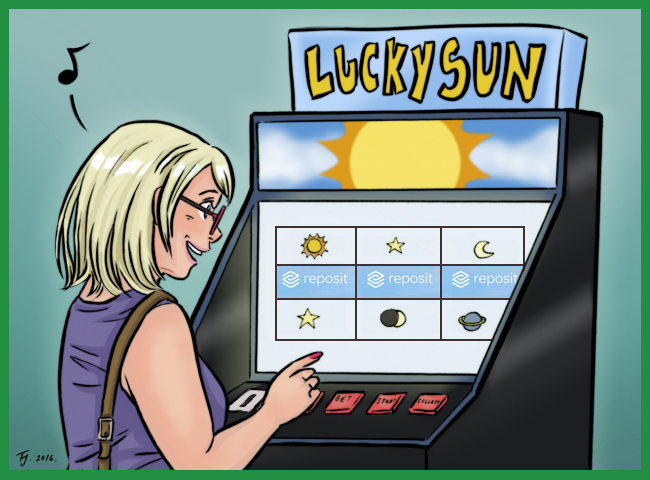
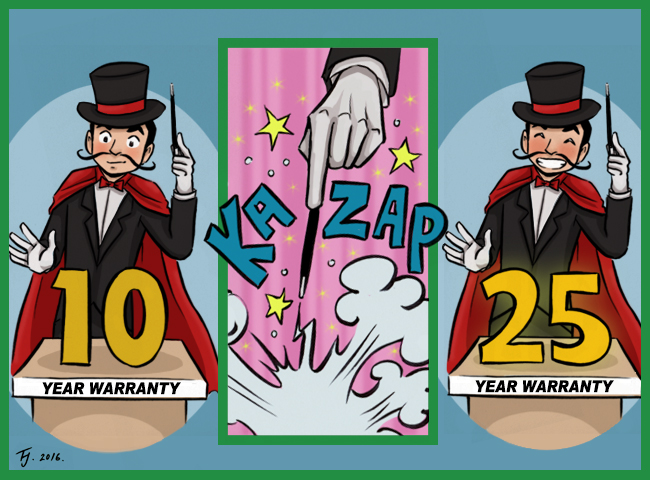
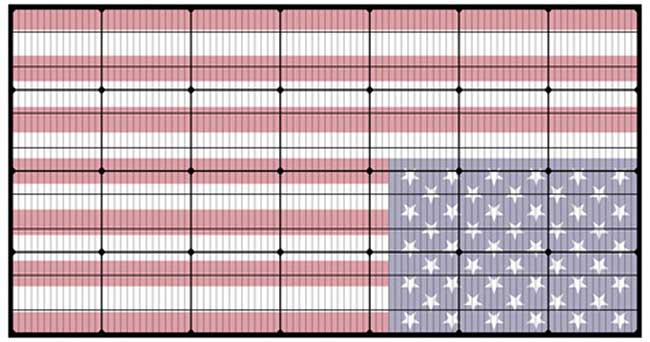

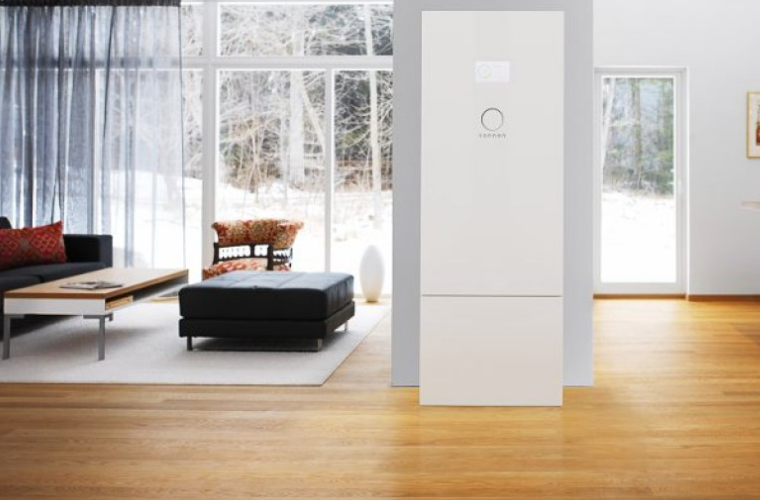
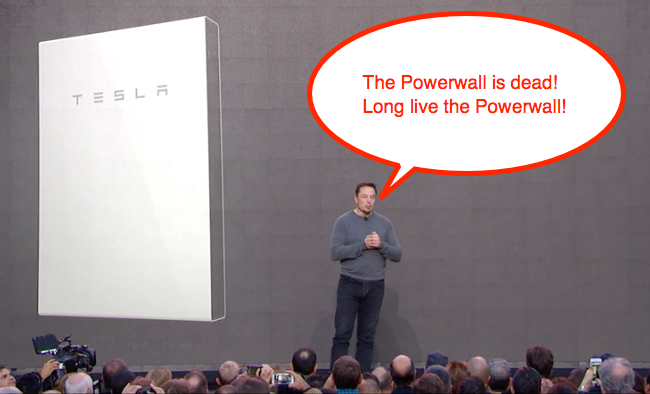
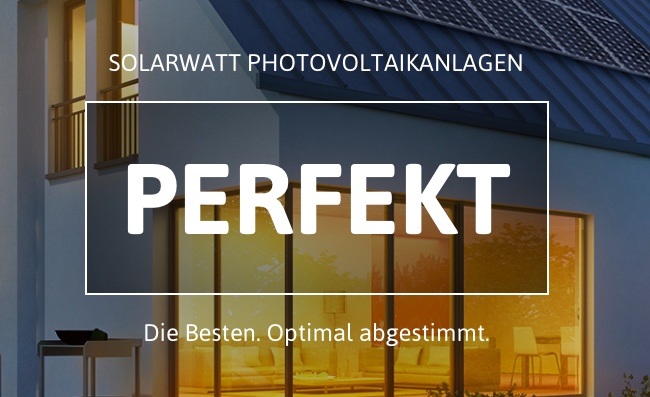
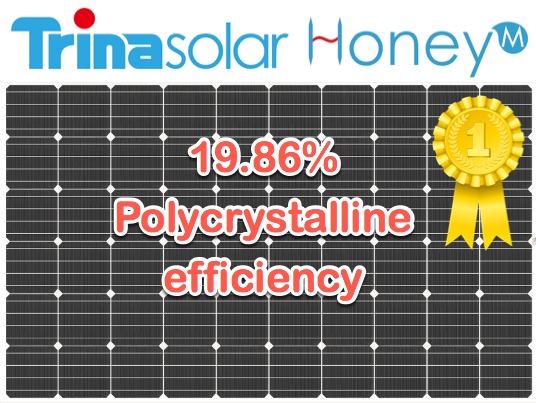
 RSS - Posts
RSS - Posts



Currently Raging Debates: